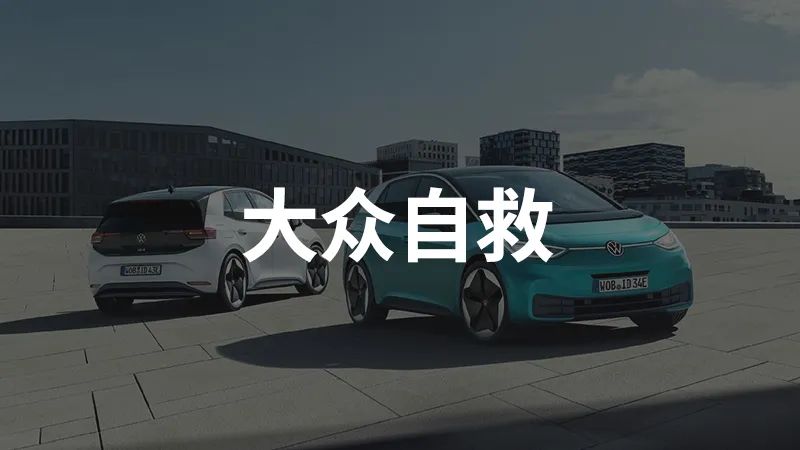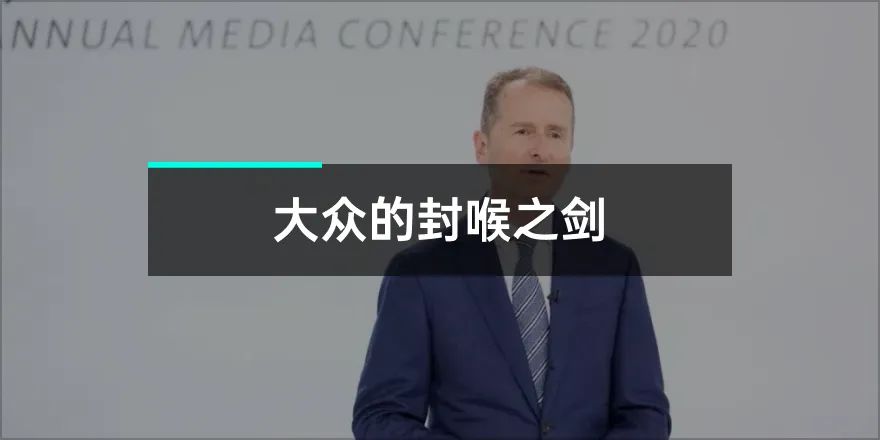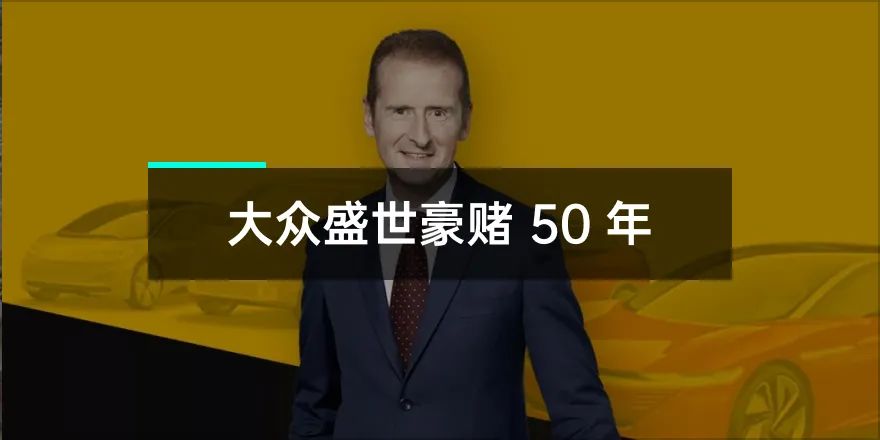May was supposed to be a warm and beautiful springtime, but the impact of the epidemic on the automotive industry continues to be severe, and the automobile manufacturing industry, which was seriously affected, has not yet recovered.
Although the epidemic in China has been basically under control, automobile factories began to resume production in early March, but the situation in Europe and the United States is still severe. Automakers are still planning to resume production, but there is no clear timetable.
It is easy to shut down production, but difficult to resume work. Overseas factories have been forced to postpone their resumption of work collectively.
01 Underestimated epidemic
According to data from research institution AutoAnalysis, nearly 140 automotive-related companies globally have closed their factories since mid-March. Automakers originally thought shutdowns would only last for a maximum of two weeks, but in fact, they underestimated the epidemic.
-
Volvo originally planned to reopen its flagship factory in Torslanda, Sweden on April 20, which was also one of the last European factories to close. But later, Volvo announced it would postpone its resumption of production until May.
-
Ford originally planned to launch its factories in the United States on April 30, but later postponed its resumption of production.
-
Jaguar Land Rover originally planned to reopen its factories in the UK and Slovakia on April 22, but announced an indefinite extension of its shutdown last week.
-
Ferrari announced last week that it is preparing to reopen its factory in Maranello but did not reveal a specific time for resuming factory production.
-
Although Renault’s factory in Portugal has resumed production, it is only a small-scale resumption of production, with production capacity of only 690 cars.
From the current situation of factory resumption, except for China, vehicle manufacturers are basically still in a state of shutdown. The longer the epidemic lasts, the greater the impact on the automotive industry, and the auto manufacturing industry will face the predicament of no production and no sales.
Under the impact of the epidemic, European automakers saw collective declines in sales.

According to data from the European Automobile Manufacturers Association, in March, the European Union, the European Free Trade Association, and the Commonwealth countries together sold 853,077 cars, a year-on-year decrease of 51.8%. Among them, sales in Italy fell by 85.4%; France decreased by 72.2%; Spain decreased by 69.3%; and the UK decreased by 44.4%.
FCA Group was the hardest hit automaker, selling only 22,070 cars, a year-on-year decrease of 74.4%. PSA Group fell by 66.9%, and Renault Group and Ford fell by more than 60%.
Since this month, major automakers are facing more diverse and complex challenges under the epidemic.
02 Volkswagen in Crisis
——# Volkswagen CEO Herbert Diess previously publicly stated that the large-scale temporary shutdown of factories due to the epidemic has resulted in no sales revenue except for the Chinese market, and the worst case during the epidemic is a weekly loss of 2 billion euros.
The problems in production capacity and sales simultaneously lead to a possible major crisis in the company’s cash flow. Although large profitable companies like Volkswagen can withstand the losses brought by the epidemic in the early stage, they cannot sustain losses of 2 billion euros per week in the long run.
This can be seen in Volkswagen’s 2020 first-quarter financial report:
- According to the data released by Volkswagen Group on April 29th, the global new car deliveries were 2 million in the first quarter, a decrease of 23% year-on-year, mainly concentrated in the Asia-Pacific region and Europe.
- Sales revenue in the first quarter from January to March decreased by 8.3% to 55.1 billion euros. Operating profit, excluding special items decreased by 81.4%, a decline of 3.9 billion euros, to 1 billion euros. The first quarter of 2020 had no special items return on sales of 1.6% (6.4% and 8.1% after special items are deducted), and pre-tax earnings fell to 700 million euros.
- The net working capital of the automotive sector was 17.8 billion euros as of the end of March. At the end of December last year, the total amount was still 21.3 billion euros. This means that the net cash flow of the automotive sector is -2.5 billion euros, a decrease of 4.5 billion euros from the previous year.
- R&D costs in the first three months were 3.6 billion euros, an increase of 2.3% over the same period last year.
The financial report clearly shows that revenue is decreasing, costs are increasing, and net cash flow is decreasing as well. Therefore, as far as the current impact of the epidemic is concerned, the method of resuming production capacity and increasing product delivery volume through early resumption of work to ease the pressure temporarily may not be feasible.
Due to the impact of the epidemic, the new car delivery volume is far lower than the same period last year, which has led to a significant decline in sales revenue. However, operating costs are increasing, and short-term operating funds and long-term strategic investment have led to increasing financial pressure on Volkswagen.
In other words, traditional large companies that have always been considered financially strong are gradually transforming into Volkswagen Group’s financial problems due to the epidemic’s factory shutdown and product unsalable issues.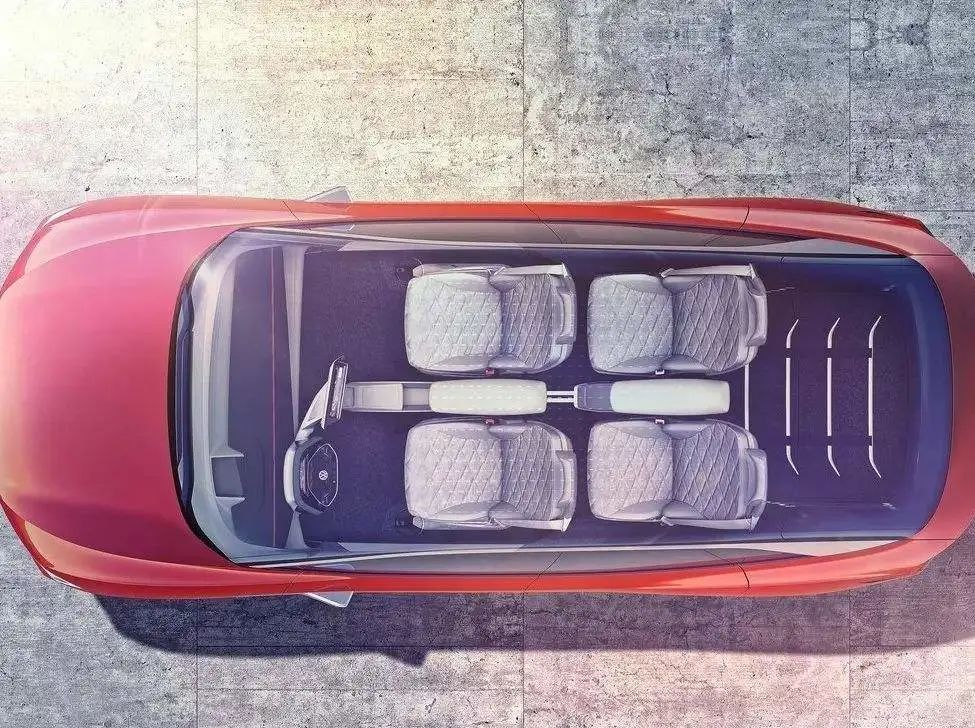
In the face of risks, the core of car enterprises is cash. Where does the money come from?
Volkswagen, which we are familiar with, is a multinational car company. However, Volkswagen also happens to be Germany’s largest corporate bond issuer, with a credit rating of A3/BBB+, in other words, an enterprise with nearly the highest level of credit ratings.
Due to the pandemic, investments in the capital market have become even more cautious. Around mid-March of this year, the capital market has slowly emerged from the extreme lows and many blue-chip companies have entered the bond market in order to raise funds to tide over the crisis.
Therefore, Jörg Boche, the head of finance at Volkswagen, said that Volkswagen would use bond issuance to raise funds and stabilize the company’s operations.
3 VW Finance Exec Explains How to Save Yourself
Recently, Volkswagen’s Chief Financial Officer Jörg Boche was interviewed by Global Capital. We have selected some of the questions and answers and translated them.
The following content is from Global Capital.
Q: What is the most important action that Volkswagen will take in response to this crisis?
A: In the face of the current crisis, the company’s response is to retain cash through mutual efforts.
This inevitably requires coordination with other personnel, definitely not limited to the finance department, but also involves the sales department and production department. The entire team will work together to promote the “cash retention” strategy.
From the perspective of the finance department, we can create a transparent environment for everyone, try to maintain good expectations of cash flow, and then cooperate with other members of the company to ensure that the reduction in corporate costs is in place, prevent cash outflows, and increase cash flow through financing.
We are trying to create a “buffer zone” to ensure that the company has sufficient liquid funds. When the company stops production, the income reduction is the first affected issue, and cash flow will continue to flow out for a period of time. However, the longer the company’s shutdown time, at some point, the amount of cash outflow will also decrease. As time goes by, the rate of cash burning will change—it is currently difficult to define a fixed value. A loss of 2 billion euros per week is the worst-case scenario currently.
We have been reducing cash outflows to alleviate the shortage of income, so in this respect, we can retain a certain amount of cash.
I am always concerned about the total value of the flow of funds in the car business. We announced that as of the end of March, the total value of liquid funds has reached 33.8 billion euros (approximately RMB 259.161 billion), which is the cash and liquid fund investments that Volkswagen currently has. However, the company has now expended billions of euros.
I think we have done well, but we must do well enough to meet the next challenge. For Volkswagen, the next challenge will be to resume production and sell vehicles again.Q: For the general public, there may be greater crisis in the second quarter of this year. Have you completed all necessary responses and what actions will you take?
A: I believe that the general public will be forced to “tighten their belts,” but I think the company may face more difficulties in the second quarter of this year because the focus of work has changed. We are currently working on restoring factory production, focusing not only on cash retention, but also on guiding the market to a certain normal state.
Currently, the new crown epidemic is still raging, and we are ensuring that we can return to work normally. In addition, the new car market will gradually recover. We are laying the foundation for the slow recovery of business in the second half of the year.
Most importantly, from a financial perspective, the governments of developed countries are very aggressive and have begun to launch various plans, and such plans are beginning to show their effectiveness in the economic field. Compared with March, I think people’s horizons are broader now.
They can focus on the Chinese market and fully understand how the Chinese economy gradually recovered from crisis after suffering from the new crown epidemic. Similarly, this also provides people with clearer insights into the future development direction of epidemics in various countries.
In terms of learning how to deal with this crisis, all companies will follow this path.
We are restarting vehicle production in Germany, and the company’s factories in China have resumed production for several weeks. Therefore, the current situation is much better than it was in March. Investors also have a clearer understanding of the industry and understand which companies have been hard hit and which companies are most likely to survive in this epidemic.
Q: Are banks that have business dealings with Volkswagen willing to expand their credit limits?
A: The attitude of the banks is very positive. I am not sure if all the cooperative banks are willing to provide the company with loans through credit financing, but the cooperative banks have a great trust in the Volkswagen Group, and Volkswagen also trusts these banks. We know each other well and have gone through many difficult moments together, so far our cooperation has been very good.
Q: Volkswagen has experienced many crises before, especially the “emissions scandal” in 2015. Someone told me that compared with the bad situation Volkswagen faced in the capital market when the incident broke out that year, they think the impact of the new crown epidemic is not so bad.
A: These are two completely different situations. In the “emissions scandal”, the situation was indeed worse in some sense, because there were deep-seated problems within the company, some of which were caused by the company itself. The incident caused Volkswagen to plunge into a deep crisis, and the pressure on the company was very high at that time. However, the performance of the automotive and financial markets was very good at that time.
For Volkswagen, the company is unlikely to issue unsecured bonds and hybrid bonds, but the following three tools are very useful: commercial paper, asset securitization, and syndicated loans.Volkswagen arranged a large bank loan of up to 20 billion euros (approximately 153.349 billion yuan). Our financing was very successful because the surrounding market is in a very good state.
Q: Were you concerned about the plight of the European commercial paper market in March this year? Has the market recovered?
A: At that time, the market was stagnant. Since then, the European Commercial Paper (ECB) has entered the market and played a certain role. We used this market, but I think the recovery process may not be a strong recovery. The price level of European commercial paper may have risen slightly, but the scale of the volume of commercial paper is not large.
As time goes on, we may indeed need to buy some European commercial paper.
Q: In early April this year, BMW issued 4 billion US dollars (approximately RMB 28.379 billion) in bonds. Some bankers suggested that European companies should directly enter the US dollar market because such companies can achieve arbitrage transactions through basis swaps.
A: This is definitely a very active and interesting market. I think that using the US dollar for arbitrage and then exchanging it into euros through basis swaps will have better effects than the current method. However, the premise is that it is necessary to enter the US dollar market regularly.
Compared with Europe, the issuance of companies in the US market is relatively small, especially recently, it is much smaller than BMW and Daimler. This is mainly because it is difficult for companies to issue corporate bonds in the United States after the “diesel gate” incident.
Q: Are you still using securitization? Have you considered the market for perpetual securities?
A: No, I haven’t paid attention to the market for perpetual securities. I have been involved in securitization for a long time, which is a pillar in our financial services business. As a matter of fact, the stability and flexibility of securitization business were verified during the financial crisis and the “emissions gate” incident. We will continue to use this securitization financing method at the appropriate time.
Q: Have you engaged in regional financing? By working with multiple banks or local capital markets through any of its operating agencies located in any country?
A: Usually, as an important part of corporate strategy, a considerable amount of local funds are needed. Since the outbreak of the new coronavirus epidemic, the difficulty of conducting this business has increased a lot. Of course, in the future, we will still try to engage in this type of business as much as possible, because not all markets perform well, and whether it is possible to achieve local financing is uncertain.
From the bank’s point of view, this is much easier, and there are many businesses currently under discussion. I think we can do some local financing business.Question: In the first quarter of this year, Volkswagen has lost hundreds of millions of dollars in commodity hedging funds, especially in the aluminum business, but it may also be other metals. Without hedging, the business may lose money because of high raw material prices. But if hedging is adopted, if the market develops in other directions, the accounting system will be criticized. Has this changed your views on “how to operate hedging”?
Answer: This is the price we need to bear. I think analysts understand this, and the loss is mainly due to the price collapse of some metals we used, which is an unprecedented situation, but this kind of book loss will be solved.
Question: In many countries, including Germany, the government consolidates such investments to provide financing services supported by the government for companies. As a multinational company that performs well in many countries, has Volkswagen considered such government-supported financing solutions?
Answer: If the company does not need such support, I think it is better not to touch these plans just for fun. The current situation is very clear. The company can save itself. Volkswagen has adopted a cash retention strategy and relied on the open market and bank financing to get everything we need. I think seeking national support does not make much sense.
Closing remarks
It can be seen that even the “landlords” have no surplus under the influence of the epidemic. Looking at Volkswagen’s revenue, the 2019 revenue reached 252.6 billion euros, an increase of 16.8 billion euros compared to the previous year’s 235.8 billion euros, achieving a growth of 7.1%. In addition to the fines for the dieselgate incident, the net cash flow of the automotive sector reached 10.8 billion euros.
Even Volkswagen, which has strong profitability, must now tighten its belt. In addition to working hard to realize the flow-back of production and sales funds, Volkswagen relies on the corporate preferential credit system to realize cash retention through the bond market financing to cope with the deeper crisis that will follow.
The epidemic has launched an indiscriminate attack on the automotive industry. The giants in the automotive industry have successively “disarmed” in response to the epidemic:
-
On March 20, Ford announced the withdrawal of its annual target for 2020;
-
On March 22, Daimler announced the withdrawal of its annual target for 2020;
-
On March 25, GM announced the withdrawal of its annual target for 2020;
-
On April 17, Volkswagen announced the withdrawal of its performance outlook for 2020.
Volkswagen’s stockpiling for the winter is both a reluctant move and a wise move.
Written by: De Lu, translated by: Long
Editor: Da Ji
 “`
“`
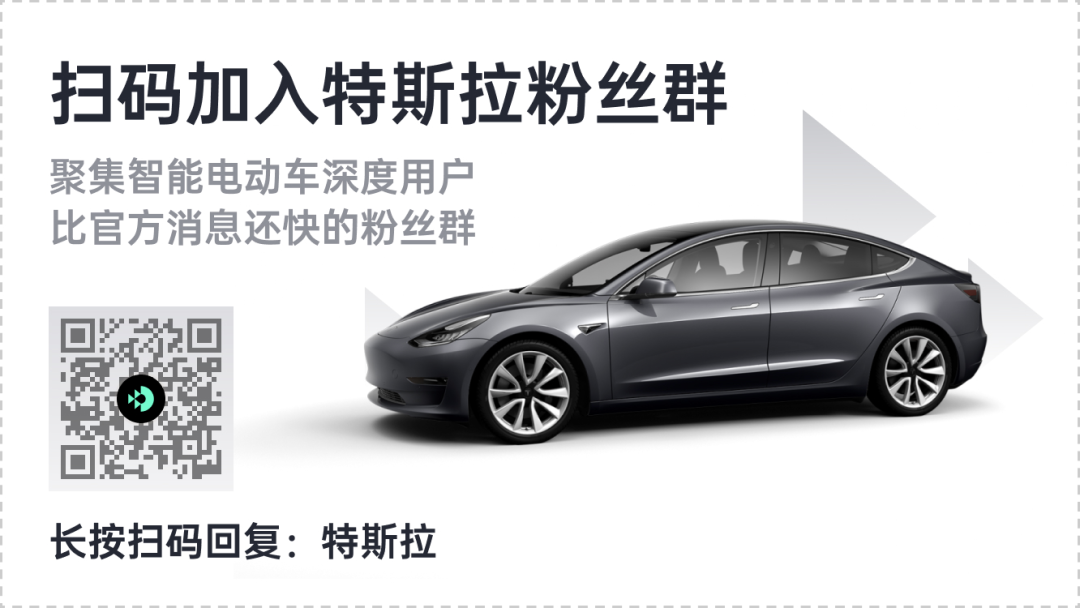
These are worth reading too
This article is a translation by ChatGPT of a Chinese report from 42HOW. If you have any questions about it, please email bd@42how.com.
